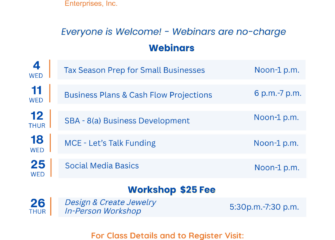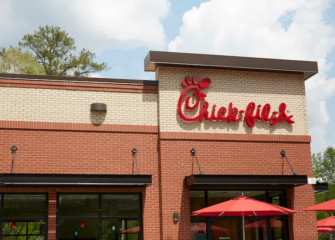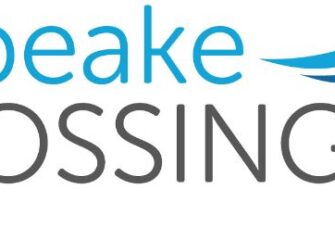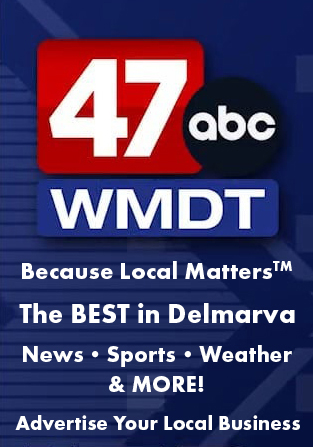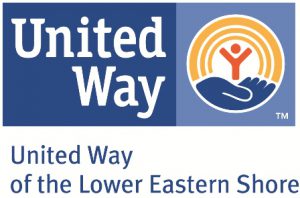
COVID Impact Survey Finds ALICE (Asset Limited, Income Constrained, Employed) Marylanders are Experiencing More Hardship as a Result of the Pandemic
Childcare and education, housing among top concerns of Marylanders already struggling.
SALISBURY, MD – United Ways across Maryland, including United Way of the Lower Eastern Shore (UWLES), announced the results of the COVID Impact Survey, which was conducted in partnership with United for ALICE, a center of innovation, research and action around financial hardship. The survey of more than 2,000 Maryland residents, 29 percent of which had income below the ALICE Threshold – which includes households with incomes below both the Federal Poverty Level (FPL) and ALICE (Asset Limited, Income Constrained, Employed) Survival Budget – found that the top concerns over the last 15 months have been mental health, childcare, education and housing.
Among the key findings of the study were that respondents below the ALICE Threshold were significantly more likely than respondents above the ALICE Threshold to say they were concerned about paying household expenses (47 percent vs. 13 percent), paying off debts like car payments or credit card bills (43 percent vs. 18 percent), childcare/education (41 percent vs. 32 percent), a reduction in hours/wages for household members who were working (39 percent vs. 15 percent), providing enough food for the household (34 percent vs. 7 percent), loss of one or more jobs (28 percent vs. 15 percent) and mental health issues like depression or anxiety (59 percent vs. 52 percent). Seventy-three percent of all respondents with children said that they had experienced issues or had concerns related to childcare and education during the pandemic.
The ALICE Threshold is a household income that meets or is less than a defined Survival Budget that estimates the actual bare-minimum costs of basic necessities (housing, childcare, food, transportation, health care, and a basic smartphone plan) in the state of Maryland, adjusted for different counties and household types. In Maryland, the ALICE Threshold is well above the Federal Poverty Level, which qualifies residents for government assistance. ALICE families and individuals are working hard, and still struggling to meet the needs of their households. In Dorchester, Somerset, Wicomico and Worcester Counties, an average of 46% of households are either in poverty or considered ALICE.
“What we have observed while serving the community during the pandemic–and heard from our local nonprofit partners–is confirmed by this survey,” said Pam Gregory, President/CEO of UWLES. “The challenges experienced by most everyone during this time impacted households in poverty and considered ALICE to a far greater extent, and raised the risk for more families to fall into these thresholds.”
UWLES quickly set up the LIVE UNITED Response Fund last spring, and distributed funds to local nonprofit partners to address critical needs. Thanks to the generosity of donors, the fund has distributed over $157,000. Needs addressed include:
• Supporting basic needs programs that supply food, housing, and utility assistance to low-income households.
• Providing PPE, cleaning, and other safety supplies to allow essential services to continue while protecting clients and nonprofit staff.
• Purchasing technology for agencies to provide services, including mental health care, in a virtual format.
• Supporting staffing costs to allow programming for vulnerable populations such as seniors, those with disabilities and neighbors in recovery from substance abuse disorders, to continue uninterrupted.
• Funding the purchase of supplies for youth-serving agencies to safely offer outdoor activities for at-risk youth.
“We have been proud to support our 40 nonprofit partners in the important work they are doing during the pandemic, and be part of new and expanded collaborations to meet local needs,” said Gregory. “Our community has pulled together in a way that is truly inspiring, and we look forward to playing a role in the recovery and rebuilding process to help stabilize more households and strengthen our community for everyone.”
For a look at the full COVID Impact Survey report, and access the ALICE Report and data tools, visit www.uwles.org/alice.

